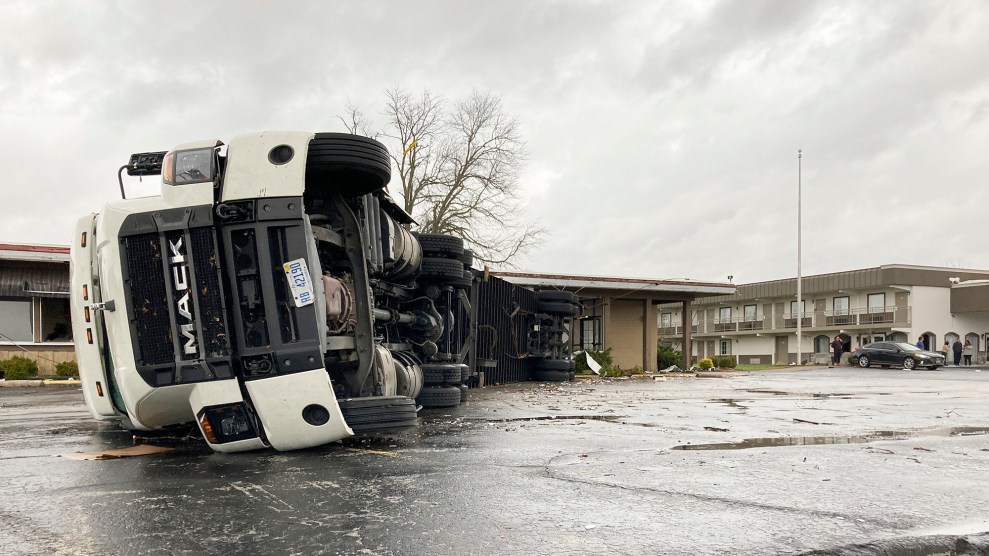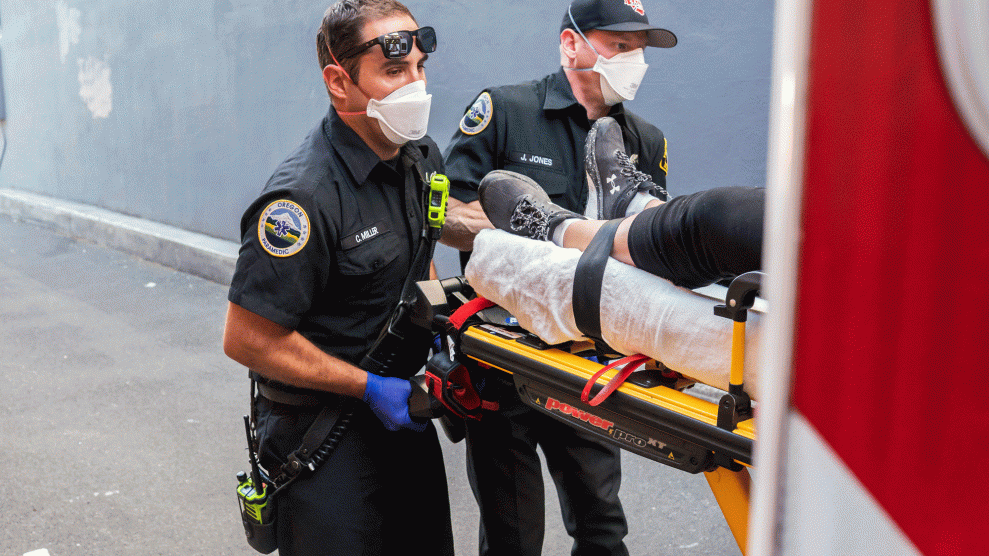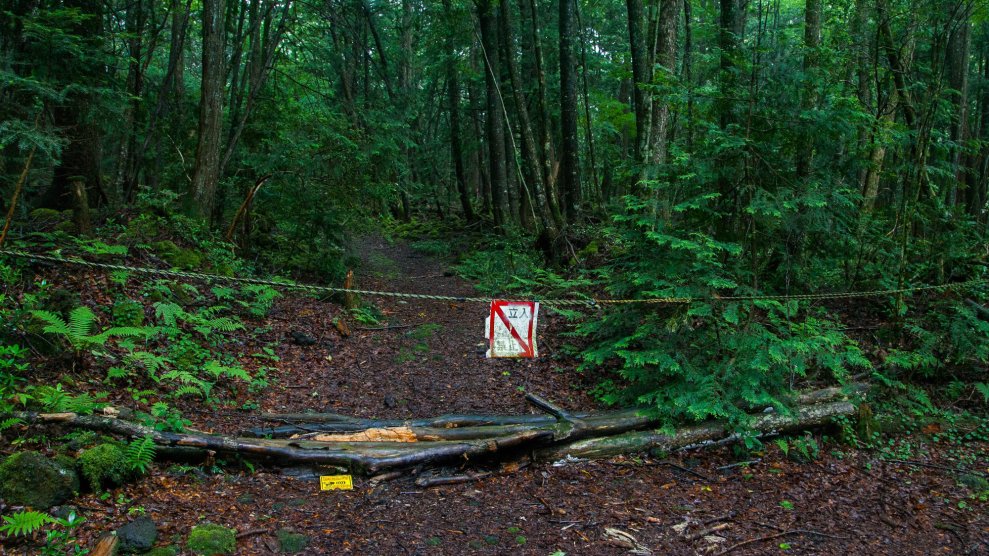
Getty Images
This story was originally published by Grist and is reproduced here as part of the Climate Desk collaboration.
Every year, heat causes at least 170,000 work-related injuries and as many as 2,000 fatalities. It’s one of the top five causes of workplace injuries and deaths, and summers are getting hotter. Despite the growing risk of heat, the Occupational Safety and Health Administration (OSHA), the agency responsible for regulating safe working conditions, has not taken action to protect workers from heat.
That’s according to a new report from Public Citizen, a nonprofit consumer advocacy organization calling on OSHA to implement standards to reduce heat-related injuries and illnesses. The report’s authors say an immediate, short-term regulation known as an Emergency Temporary Standard could reduce those injuries by 30 percent.
“Given the danger, OSHA must create an emergency safety rule to do its job of protecting workers,” said Dr. Juley Fulcher, Public Citizen’s health and safety advocate and the author of the report.
Since 2011, Public Citizen and other advocacy groups have been pushing OSHA to create both temporary standards to address heat-related injuries and a permanent rule. Last year, OSHA began working on a new heat standard, but it could be years before the rule is implemented, hence the need for an Emergency Temporary Standard.
“Rulemaking takes time, and it’s critical that we get it right,” said Doug Parker, Assistant Secretary of Labor for OSHA. “We will continue to improve our efforts and explore opportunities to help employers and workers decrease the risk of heat exposure.”
According to the report, employers should be required to adopt a range of practices, including temperature thresholds, rest breaks, and hydration requirements. Based on analysis of data from California after the state implemented similar guidelines, Public Citizen estimates that up to 50,000 workplace injuries could be eliminated each year.
Between 2011 and 2020, OSHA and Bureau of Labor Statistics estimates that heat was responsible for roughly 340 injuries and 40 deaths per year are likely “vast underestimates.” Public Citizen estimates that the true figures are closer to 170,000 injuries and 2000 deaths each year. Workers of color and low-income workers, who often lack health coverage and do not qualify for workers’ compensation, face the highest risk of heat-related injury and death. According to the report, the lowest paid workers experience five times as many heat-related injuries as the highest paid workers.
“Today’s heat waves are just another indication of how extreme heat due to the climate crisis is endangering workers, especially immigrant farm workers,” said Robert Weissman, president of Public Citizen.








